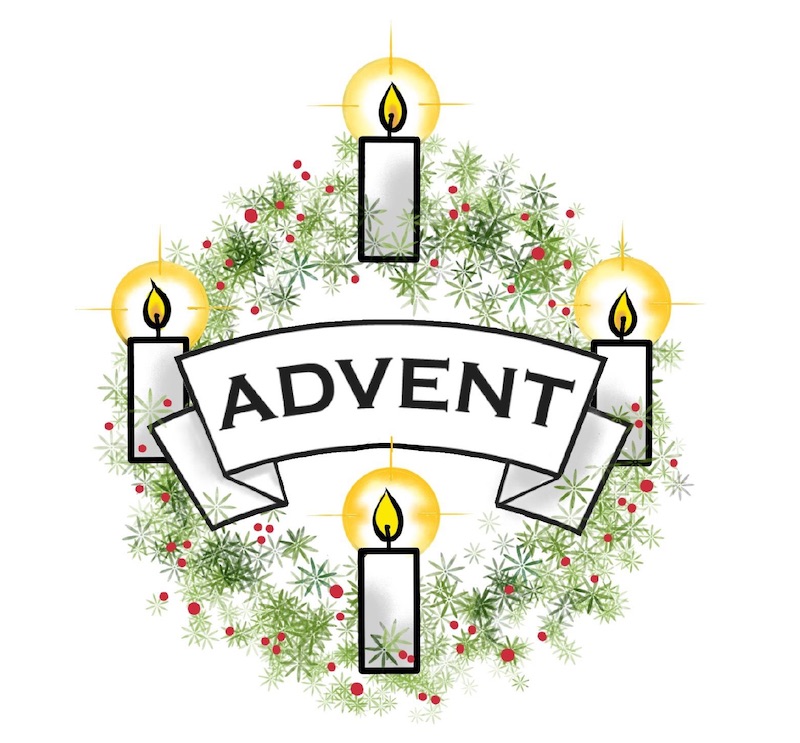Dear Friends and Parishioners
This month we come to the last of our reflections on the ‘Pastoral Principles’ I introduced to you earlier in the year. These are a series of ethical guides that seek to help us in our relationships, one to another, both within and outside of the Church. This month we consider the nature of power and authority.
In the Bible, God is the ultimate source of all power and authority. Everything else in all creation, including us human beings, is subordinate to God the Creator. However, in the Old Testament God frequently exercises power and authority through humankind. The kings of Israel were meant to rule with righteousness and justice; priests were to ensure the right ordering of worship and the prophets declared the Word of God to the people. When the ‘Word of God’ was eventually written down and the Bible as we know it formed, scripture was then regarded as authoritative too (cf Psalm 119).
In the New Testament, Jesus the Son of God, embodies divine power and authority. Hence the miracles over nature and healing, the wisdom of His teaching and His conquest over death at the resurrection. The Book of Revelation 17:14 reads Jesus ‘is the Lord of Lords and King of Kings’. Moreover, our Creed states that Jesus will give final judgement over the living and the dead at the end of days.
Also in the New Testament, some power and authority was delegated to the Disciples, then to the apostles and evangelists as well as to deacons appointed to look after the faithful. As the Church grew and the gospel spread, orders of priests and then bishops were added to help with the teaching, pastoral care and administration of the Church. We have a whole body of saints whom we remember on All Saints Day who passed on the Christian faith down through the generations. Billions of people have devoted their lives to living out Christ’s teachings, each having influence, and therefore, power over others. Alas, we also know that some of our brothers and sisters past and present have not lived out the Gospel as appropriately as they should. They have used their positions within the Church either to their own benefit or to the exploitation of those they came to serve. Our Church history is littered with such people and occurrences in every generation.
In response to this abuse of God’s delegated power we are asked to pay attention to the power and authority we have over others. No matter what our position within Christ’s family, we need to be aware of the influence we have, for good or ill, over people around us. We need to be alert to how we might burden people with the weight of maintaining ‘traditions’; obligations of doing things in a certain way because we think that is ‘right’ and the only way; paralysing creativity and mission by saying ‘we tried that before it doesn’t work’; or excluding people from the Gospel because they aren’t ‘like us’.
During our baptism we received the power of the Holy Spirit to live according to Christ’s commands and to pass on the faith. The Holy Spirit empowers us for the Christian life, which should be a source of joy, peace and comfort shining out the love of God and encouraging those around us to know God for themselves. This is the privilege of faith; it is also a responsibility we must take care not to mar.
Love and blessings
Canon Janice
Download:

